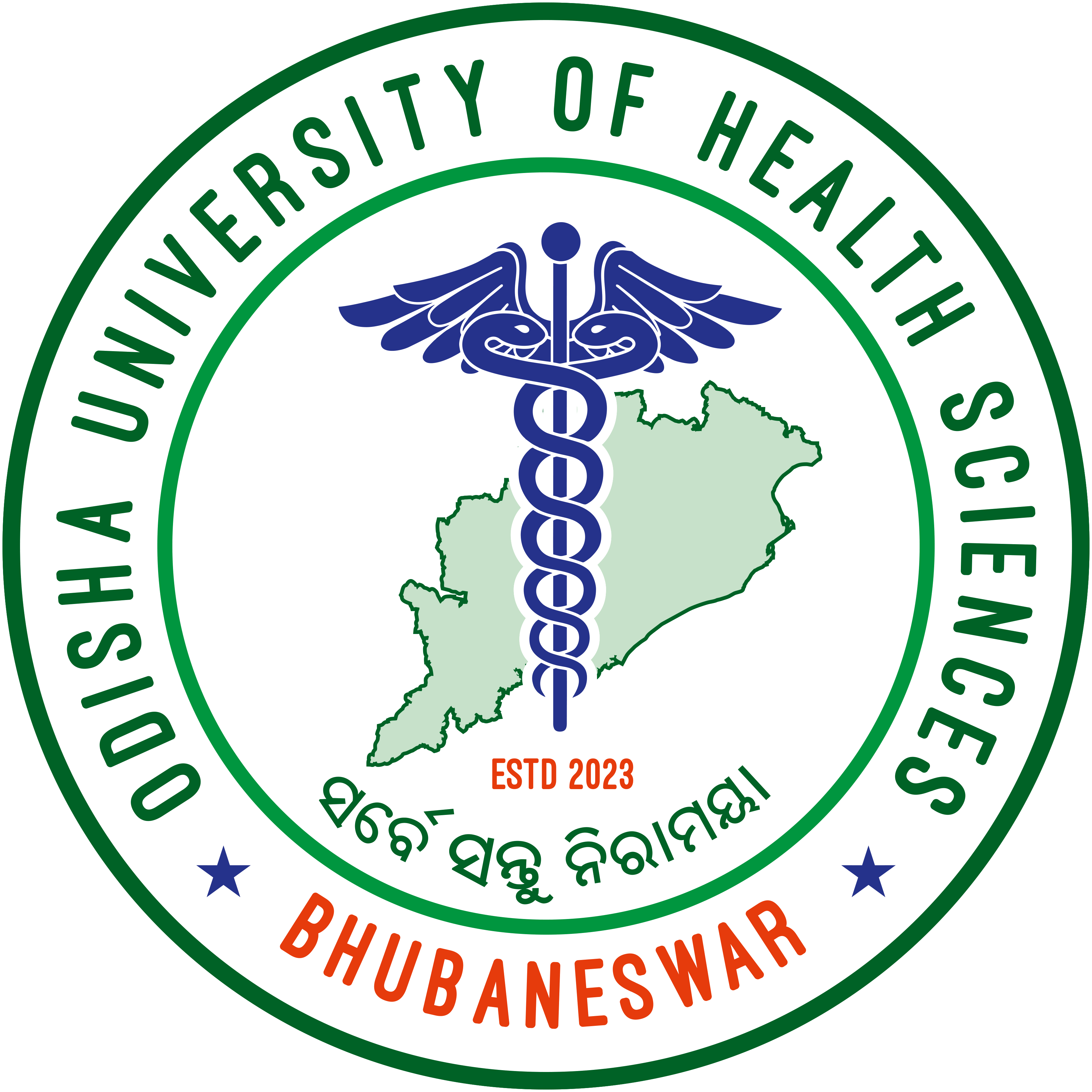Background: Rasāyana, an ancient concept originating from the traditional systems of Indian medicine, represents a comprehensive approach to rejuvenation and longevity. As a key branch among the eight clinical specialties in traditional Ᾱyurveda, this practice aids in restoring the body’s vital fluids, enhancing overall health, and boosting the quality of Rasa (nutritive essence). By enriching the body with essential nutrients, it promotes longevity, sharpens intellect, preserves youthfulness, and enhances physical attributes such as skin radiance, complexion, and voice quality.
Objectives: To explore the concept of Rasāyana and its role in achieving immunity, preventing illness, and slowing disease progression, while drawing comparisons with modern interventions such as antioxidants, dietary vitamins, and immunomodulatory drugs.
Methods: A review of classical Ayurvedic texts (Nighantū) to identify distinct herbal medicines with rejuvenating properties that work at multiple levels, such as Rasa, Agni, and Srotas, alongside insights from modern studies on their impact on immune response cells, including natural killer cells, macrophages, neutrophils, lymphocytes, and cytotoxic T lymphocytes.
Results: Rasāyana enhances immunity, safeguards against illness, and prevents disease relapse. It can be compared to modern interventions like antioxidants and immunomodulatory agents that work at various levels of the immune system. The rejuvenating properties of Rasāyana herbs described in various Nighantū provide benefits such as improved vitality, longevity, and disease prevention.
Conclusions: The current review offers an overview of the Rasāyana herbs documented in numerous Nighantū and supported by various studies, providing insights for future research in the field of preventive and therapeutic healthcare.
Keywords: Rasāyana, Ᾱyurveda, Immunity, Nighantū, Antioxidants, Immunomodulatory drugs



